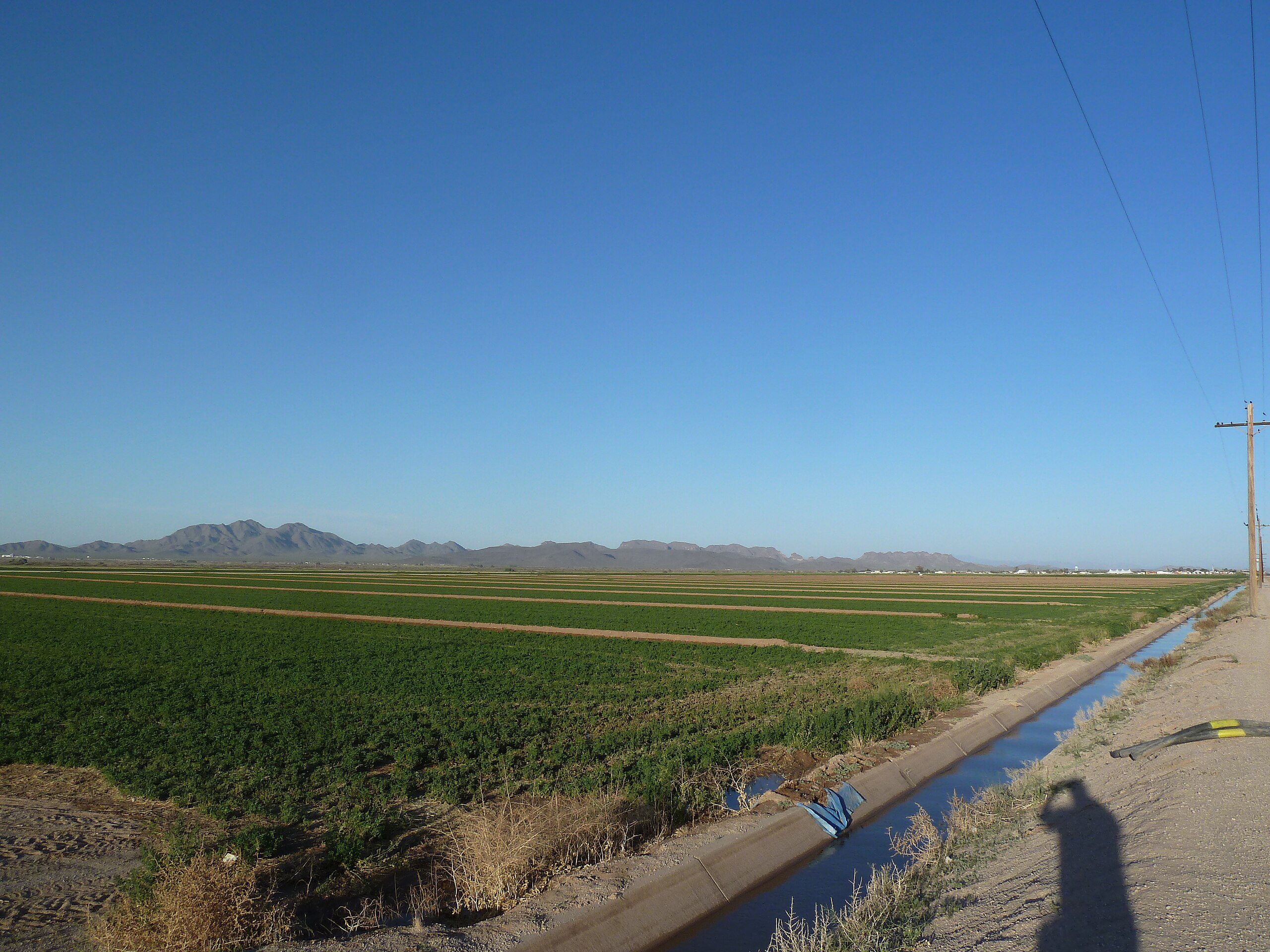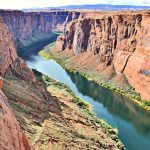May 29, 2023 – The Lower Basin Plan announced May 22 is a collaborative effort proposed by Arizona, California, and Nevada to address water conservation and protect the vital resources of Lake Mead, Lake Powell and the Colorado River. The plan aims to achieve voluntary agreements among various water users, including tribes, cities, and agricultural communities. By prioritizing early and significant contributions, the plan aims to prevent the decline of Lake Mead and Lake Powell to critically low elevations.
The State of Arizona will shoulder the brunt of the voluntary cutbacks, reports the Arizona Mirror .
.
Conserving Water and Protecting Lake Mead and Lake Powell.
The proposal seeks to conserve 3 million acre-feet of water and provide enhanced protections for Lake Mead and Lake Powell. This approach is considered superior to the alternatives analyzed in the Draft Environmental Impact Statement, which proposed revisions to the 2007 Interim Guidelines for the operation of Glen Canyon and Hoover Dams.
By avoiding drastic cuts to Arizona’s water use, the partnership between states enables voluntary conservation efforts that empower stakeholders to shape their water future. The plan encourages voluntary agreements from various water users in Arizona, California, and Nevada, including tribes, cities, and agriculture, to reduce the risk of critical low elevations in Lake Mead and Lake Powell.
Officials say that the plan will not force individual Arizonans to reduce their water use.
Implications for Arizona.
The collaborative nature of the proposal submitted by Arizona, California, and Nevada demonstrates the state’s commitment to safeguarding Lake Mead and the Colorado River. If adopted, the Lower Basin Plan will not only stabilize the elevation of Lake Mead over the next three years but also lead to an increase in its water level.
This positive development creates a favorable environment for negotiating the future of the Colorado River beyond the expiration of current operating guidelines in 2026.
Arizona will bear the majority of the responsibility in water conservation efforts, contributing approximately 50% to 60% of the total water conservation production, including new conservation initiatives.
A key player in Arizona’s conservation strategy is the Gila River Indian Community, which has committed to significant water conservation efforts in alignment with the Lower Basin Plan and a forthcoming reclaimed water pipeline.
Role of the Gila River Indian Community.
The Gila River Indian Community has emerged as a key participant in the conservation agreements and the reclaimed water pipeline, actively contributing to the overall conservation target.
The Community aims to contribute about 15% of the total conservation target of 3 million acre-feet of water.
The Gila River Indian Community, as the largest customer for Central Arizona Project (CAP) water, recognizes the importance of water conservation measures during this historic drought.
The Community emphasizes the significance of conservation in their culture and tradition, considering it a responsibility to be good stewards of the water.
Drastic Cuts to Arizona’s Supply Avoided.
The Lower Basin Plan presents a collaborative approach to water conservation, providing greater protections for Lake Mead and Lake Powell while ensuring that stakeholders have a say in shaping their water future. By avoiding drastic cuts to Arizona’s water use, the plan offers voluntary agreements from various water users across the region. Arizona’s commitment, supported by the involvement of the Gila River Indian Community, showcases the state’s ability to find innovative and cooperative solutions to the challenges posed by water scarcity. Through the implementation of the Lower Basin Plan, the region can navigate negotiations beyond 2026 with confidence, knowing that a crisis will be averted.
Image: Gila River Farms








Leave a Reply